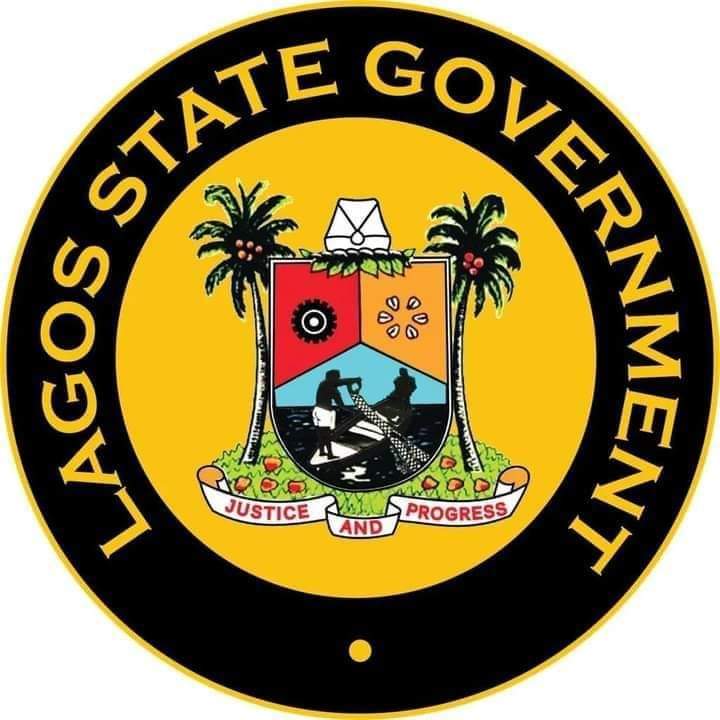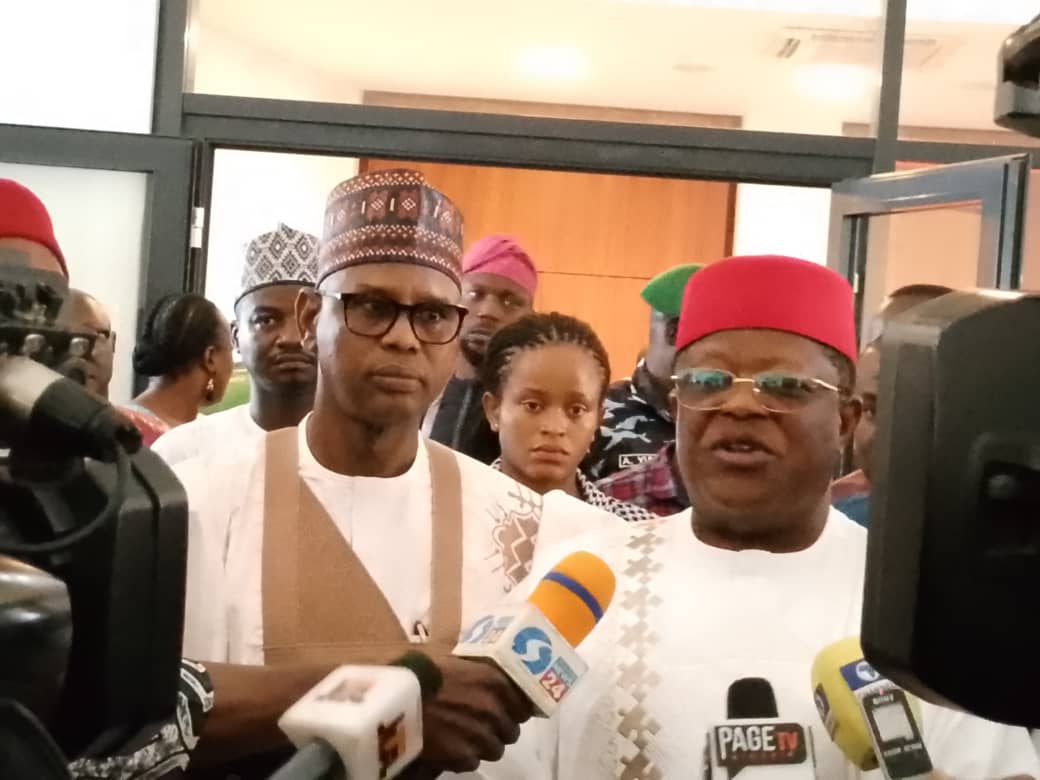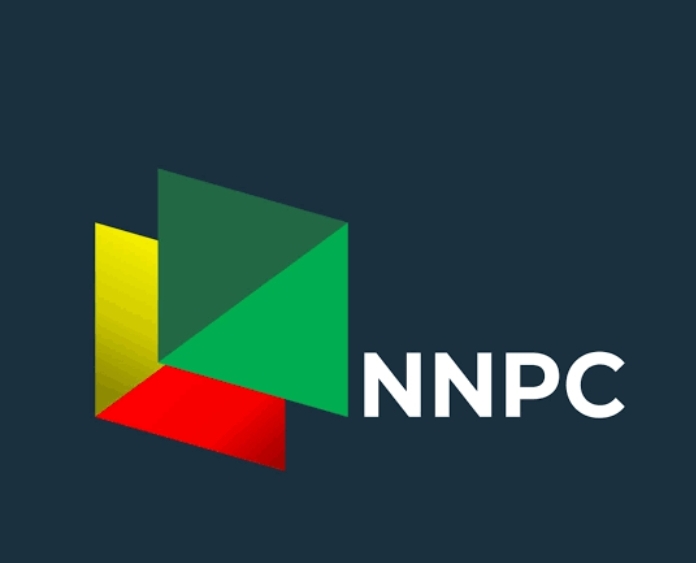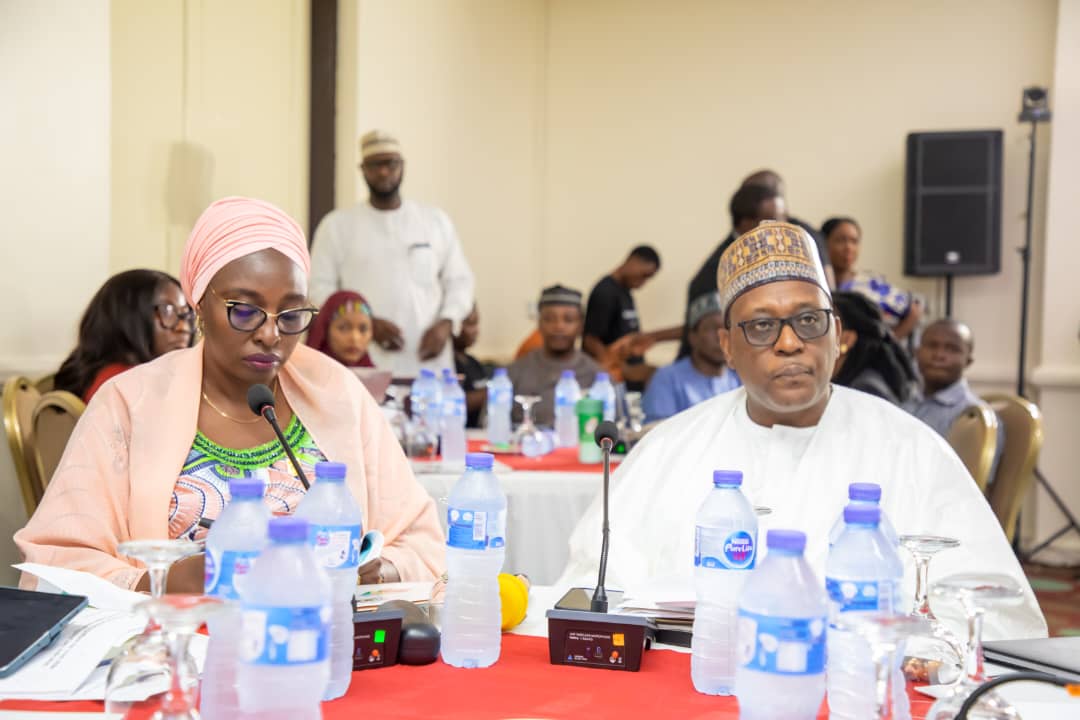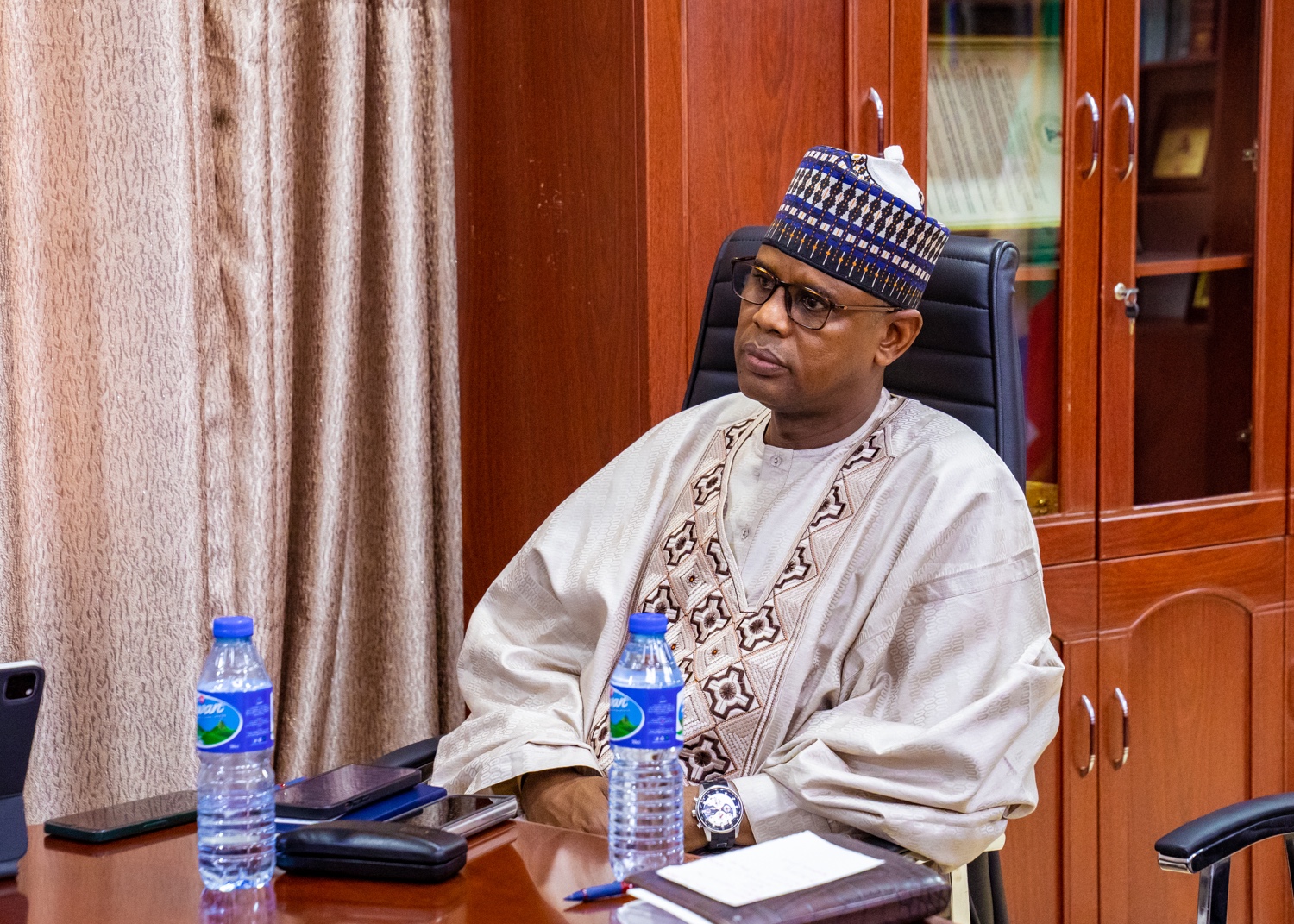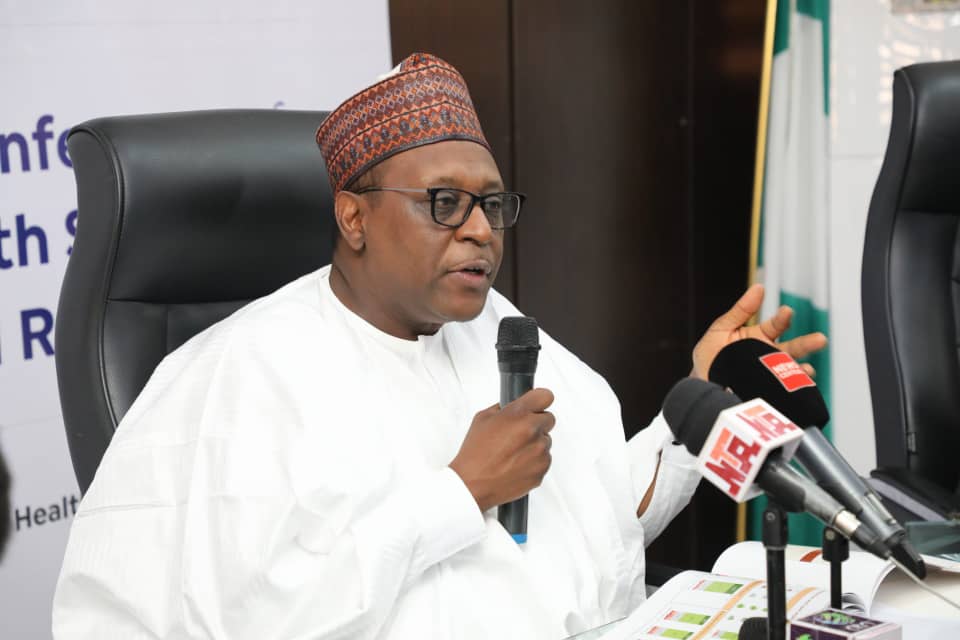
…………Good Health is Not Cheap
……………Parliamentarian must prioritize health funding
By Fatima Saka
The Coordinating Minister of Health and Social Welfare, Professor Muhammad Ali Pate, has emphasized the urgent need to revitalize universal health care in Nigeria.
Speaking during a ministerial press briefing commemorating the 2024 Universal Health Coverage (UHC) Day held on Thursday Abuja, Pate highlighted the importance of increased investment in the health sector by all stakeholders, including federal and state governments, partners, and non-state actors.
![]()
![]()
![]()
![]()
![]()

“Good health is not cheap,” he stated, urging Nigerians to view health expenditure as a critical investment with immense returns.
He further explained that investing in health care leads to multiple dividends, including economic benefits and improved quality of life.
Addressing Challenges and Progress
Professor Pate outlined the challenges facing the health sector, including inadequate funding and the need for revitalization.
“Whether it is enrolling people in health insurance or upgrading facilities, someone has to invest. If Nigeria invests more in health, our healthcare system can achieve much more,” he said.
The minister also highlighted significant progress made in the past year, following:
Facility Upgrades: 238 health facilities have been upgraded to functional status, with an additional 320 currently undergoing renovations.
Basic Healthcare Provision Fund: Over 8,000 facilities nationwide now receive direct financing, ensuring better service delivery.
Health Insurance Enrollment: More than 2 million Nigerians were added to health insurance programs in 2023 alone, marking a significant milestone.
Despite these achievements, Pate stressed that Nigeria still has a long way to go in achieving comprehensive health coverage for its population.
Health Shares Responsibility
The Coordinating minister underscored the collective responsibility of all stakeholders in advancing the health sector.
He encouraged state governments, private partners, and civil society to advocate for increased funding and prioritization of health.
Professor Pate also called on journalists to educate Nigerians about the importance of saving for health-related expenses and the role of health insurance in achieving universal coverage.
READ ALSO:
WEP Launches Farm Beta Radio Programme to Support Farmers with Early Warning Climate Information
2024 National Oral Health Week: FG Intensifies Efforts to Eradicate NOMA in Nigeria
“It’s not just the government’s job; everyone must contribute. States, partners, and non-state actors can do more, and parliamentarian must prioritize health funding,” he emphasized.
Call to Action
In her welcome address, the Permanent Secretary of the Ministry of Health, Daju Kachollom Shangti, reiterated the government’s commitment to ensuring affordable, accessible, and quality healthcare for all Nigerians.
“Health should be the responsibility of the government, not the individual.
“We must ensure that all citizens have access to the health services they need,” she said.
As the country works towards achieving universal health coverage by 2030, stakeholders remain optimistic but recognize the need for sustained commitment and innovation to bridge existing gaps in the health sector.
Commendations and Support
Dr. Walter Kazadi Mulombo of the World Health Organization (WHO) praised Nigeria’s achievements in health reform over the past year, describing them as “unbelievable and incredible.”
He urged Nigeria to accelerate its efforts, noting that achieving universal health coverage in Nigeria would have a transformative impact across Africa.
Also, David McCullough, Foreign, Commonwealth and Development Office, representing Health Development Partners, applauded the cultural and structural changes within the sector.
“These are not easy changes, but the progress made is nothing short of spectacular,” he remarked.
Civil Society’s Role
Representing Civil Society’s communities, Dr. Gafar Alawode, Co-Convener of the Nigeria UHC Forum, appealed to the Coordinating Minister to implement policies that expand health insurance coverage.
He noted that Nigeria has the potential to achieve at least 50% coverage with existing resources and announced a roundtable discussion to commemorate UHC Day, focusing on innovative financing strategies.

